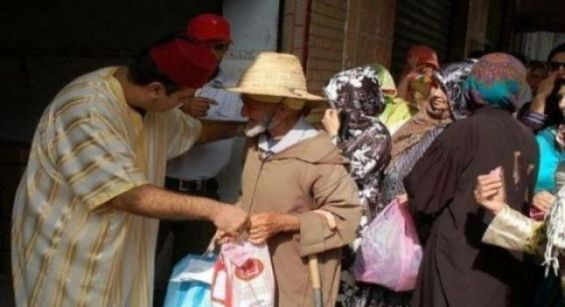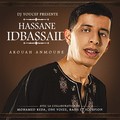As Morocco declared a state of health emergency, many families have seen their breadwinners lose their jobs. Will these families be able to stand the current situation ?
It is a real social problem especially for those who are in vulnerable situations and who are forced to go out every day to provide for their families. It is worth mentioning the cases of women who sell simple products in popular markets, shoe shiners and those who do odd jobs.
This important category of the Moroccan people, in economic terms, lives off very limited resources. However, they do show a great respect for the lockdown imposed by the authorities. Their commitment must be met by the unconditional support of the country’s wealthiest.
Could a long-term containment lead to a crisis?
We cannot predict the length of the confinement and the same is true for a potential crisis. Not to mention that so far there has been no protests.
The pandemic is a global crisis, its spread is followed constantly by all citizens. I think their interest in the situation is not going to dispel any protest. Overall, citizens showed solidarity, support and patriotism but the state will need to protect the most vulnerable ones.
Will the solidarity campaigns we see these days be able to help those in difficult financial situations?
There is undoubtedly a remarkable surge of solidarity. On the one hand, the State has set up the Coronavirus Pandemic Management Fund, and on the other hand, we are seeing an increase in charitable actions by some people.
Now, more than ever, it is the time to show solidarity with these people. We are all on the same boat, especially since the new coronavirus does not differentiate between a shoe polisher and a minister.
Doesn't the routing of aid to poor families pose logistical problems?
No doubt the State has a vision and a plan for the distribution of aid. The authorities rely on the Moqaddams and Chioukhs (local authorities agents) who know their regions and their inhabitants perfectly. They have a sufficient database to facilitate the delivery of grants.
Furthermore, it is in the interest of the State to operate with firmness and vigilance in order to avoid any malfunctions or diversions.
Can this surge of solidarity be harnessed for political interests?
The rule says that every meeting is a political act even when the State is involved in politics. The pandemic is also creating politics. Beyond these considerations, what we need most now is a competitive campaign to meet the needs of citizens and not a barter transaction, that is, votes in exchange for food aid.





 chargement...
chargement...













